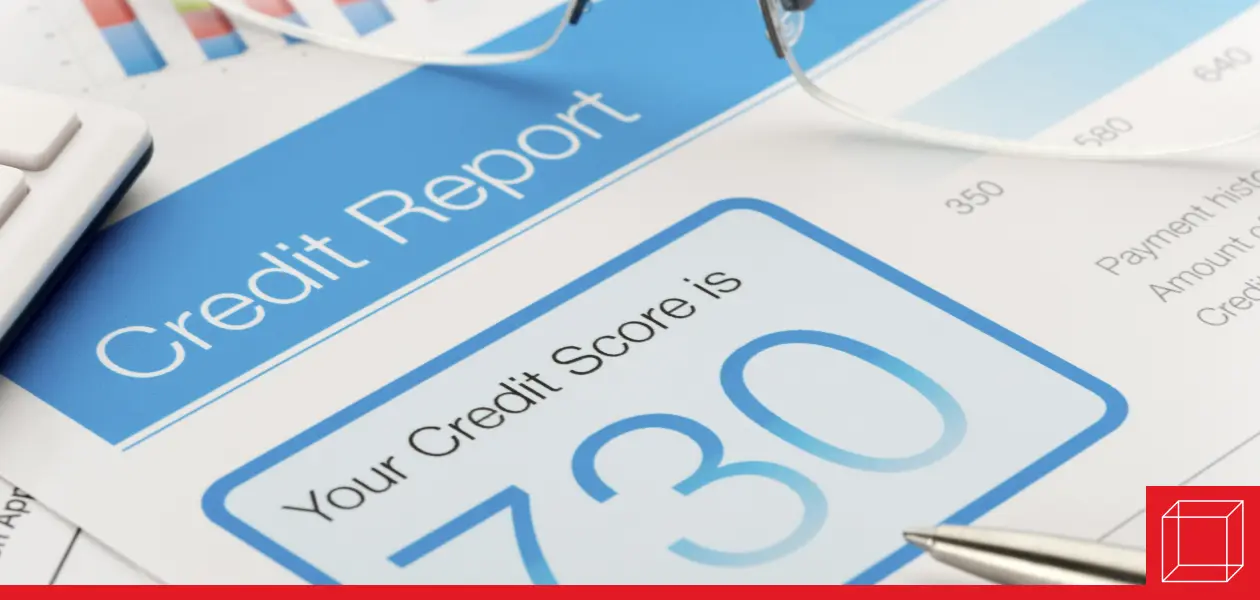Myth-Busting Credit Scores: 5 Myths You Probably Believe (But Shouldn't!)
Credit scores are crucial in your financial life. They influence loan approvals, rental applications, and even job prospects. Your credit score is typically based on a range of 300 to 850.

- Poor: 300 to 579
- Fair: 580 to 669
- Good: 670 to 739
- Very good: 740 to 799
- Excellent: 800 to 850
The score reflects your ability to manage debt effectively. The higher the score, the better. Lenders and landlords use this score to determine your ability to repay your debt or rent. Lenders will offer individuals with higher credit scores better loan terms, such as a lower interest, because the loan is seen as less risky.
The score is calculated using information from your credit report, which is maintained by the three major credit bureaus: Equifax, Experian, and TransUnion. The score considers your payment history, the amount of debt you have, the length of your credit history, the number and type of loans you have, credit inquiries, and new credit taken out.
Myth #1: Checking Your Credit Score Hurts Your Score
The Myth: Checking your credit score lowers it.
The Truth: Checking your credit score is a soft inquiry and doesn't affect your score. Hard inquiries, like those by lenders for loans or credit cards, can slightly lower your score. On the other hand, checking your own credit score through a service like CreditWise is a soft inquiry and has no impact on your score.
Why It Matters: Regular credit score checks help you monitor financial health, spot errors, and detect fraud early, preventing potential issues.
What You Should Do:
- Use free tools like CreditWise or Experian to check your score.
- Monitor your credit report for errors or fraudulent activity.
- Review, be aware, and if necessary, take action on any sudden changes in your score that don’t seem right.
Myth #2: Closing a Credit Card Helps Your Score
The Myth: Closing a credit card boosts your credit score.
The Truth: Closing a card can lower your score in two ways:
- Reduced available credit — Your credit utilization ratio (the percentage of available credit you use) increases, which can lower your score.
- Shortened credit history — Closing old accounts shortens your credit history, and lenders prefer to see a long, stable credit history.
Why It Matters: Credit utilization and credit history length make up a significant portion of your credit score. Closing an old card can reduce your available credit and lower your average account age.
What You Should Do:
- Keep older credit cards open, especially if they have no fees.
- If you must close a card, pay down other debt to maintain a low utilization ratio.
- Call your issuer to ask if you can downgrade your card instead of closing it.
Myth #3: You Need to Go Into Debt to Build Credit
The Myth: You must carry debt to build credit.
The Truth: You do not need to carry debt or pay interest to build credit. What matters is on-time payments and responsible credit use. Paying off your credit card in full each month helps build your credit history and demonstrates responsible financial habits.
Why It Matters: This myth makes people think they must accumulate debt, rack up interest, and worry about late payments. However, you can have an excellent credit score without any debt.
What You Should Do:
- Use your credit card for small, regular purchases and pay it off monthly.
- Set up autopay for the full statements or current balances to avoid missed payments.
- Avoid paying interest by paying in full each billing cycle.
Myth #4: Your Income Affects Your Credit Score
The Myth: Higher income means a higher credit score.
The Truth: Your income has no direct impact on your credit score. Credit scores measure your ability to manage credit, not how much you earn. When calculating your score, lenders assess factors like payment history, credit utilization, and account age.
Why It Matters: High earners may assume they’ll have good credit automatically, but that’s not the case. Someone earning $50,000 could have a better credit score than someone earning $150,000 if they manage credit more effectively.
What You Should Do:
- Focus on timely payments and lowering your credit utilization.
- Review your credit reports annually from all three bureaus (Equifax, Experian, TransUnion).
- Don’t assume income alone will improve your credit.
Myth #5: You Only Have One Credit Score
The Myth: You have one universal credit score.
The Truth: You have multiple credit scores from different bureaus (Equifax, Experian, TransUnion) and scoring models (like FICO and VantageScore). Lenders use different versions of your score based on the type of credit you’re applying for (e.g., mortgage, auto loan, or credit card).
Why It Matters: If you see different scores from different platforms (like CreditWise or your bank’s app), it’s normal. Other scoring models and bureaus calculate your score in slightly different ways.
What You Should Do:
- Use CreditWise or annualcreditreport.com to check reports from all three bureaus.
- Understand that slight variations between scores are normal.
- Don’t stress if your score varies slightly between platforms.
Key Takeaways
- Checking your own credit score does not hurt it.
- Closing old credit cards can lower your score, so keep them open if possible.
- You do not need to carry debt to build credit. Paying off your balance in full works just as well.
- Your income does not impact your score, but your payment history does.
- You have multiple credit scores, depending on which bureau or model is used.
What You Can Do Today
- Check your score with free tools like CreditWise or annualcreditreport.com.
- Review reports from all three bureaus for errors or discrepancies.
- Pay your credit card bill in full every month to avoid interest and build a positive payment history.
Reflection Questions
- Which credit score myth surprised you the most and why?
- Why do credit score myths persist, and where did you first hear them?
- What steps can you take to increase your credit score before graduation?
- What habits can you build now to avoid falling for credit-related myths?
By debunking these myths, you gain the knowledge to build and protect your credit. Armed with these insights, you can take control of your financial future and avoid costly mistakes. Take action today by reviewing your credit score, making on-time payments, and building strong financial habits for the long term.



